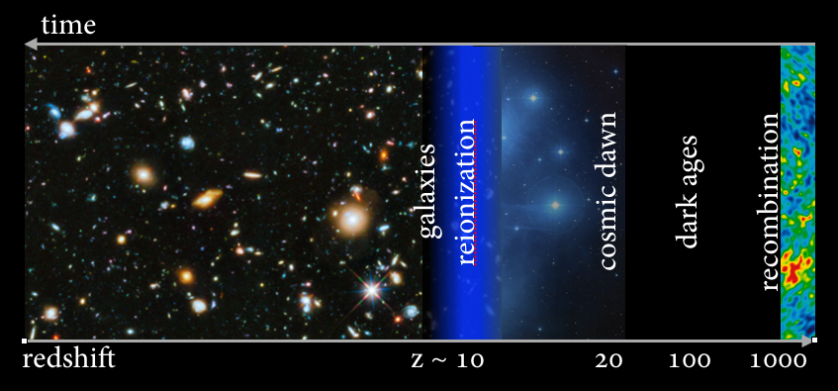There are some classic memes where smart-asses point out ambiguities, disagreements and exceptions to would-be rules. I’m thinking about two kinds here:
“BODMAS” rules of algebraic computation
[Brackets, Power(Order, Of), Division, Multiplication, Addition & Subtraction] and/or
“I before E except after C” in spelling of “ie” and “ei” words in English
The former tends to be the “please share this quiz” format, turbocharged with the psychological virality tag-line “95% of people get this wrong” or “only genius get this right”. They are often the visual algebra of simultaneous equations of apples, pears, bananas and shapes, sometimes a simple arithmetic string without any punctuation other than mathematical operators. Arithmetically the problem is always trivial – these are click-bait after all – but the thread of responses invariably degenerates into two camps. BODMAS vs Sequential processing (and general trolling mischief) – and the real click-spreading objective has been achieved. Sometimes the same trivial arithmetic problem is buried behind a level of visual inference.
A simple version:

A complex version (still hiding the same problem):

The latter tends to be “poem” format – constructing sentences from “ei” and “ie” words that make a point about the rules being broken – usually clever and creative, hence their wide circulation. Here’s an example of the latter:

The implicit point is they’re not really rules, have little value and shouldn’t be taught. But this is just more of the logical absolutism meta-meme currently polarising every area of life. If you can’t prove it unambiguously it ain’t true. Picture or it didn’t happen. Black ain’t white. Exceptions that might “prove” rules, mean rules should be ignored, etc.
The disagreement over BODMAS is actually trivial, and basically a context problem. In a human context the point of the rule is that rules matter, not the specific content of the rule – the specific content can get very complex depending how rarefied the maths gets beyond Arithmetic101 . A convention is needed to get an unambiguous answer. In human processing, where you can “see the whole” as well as the analysis, you are mentally chunking the problem into its constituent parts – because the parts have semantic significance – they tell you something about the real world problem represented. Increasingly sadly, the only real-world context is “here’s an infuriating internet meme”. In a machine processing context – a file is fed sequentially into a processor and processed from the top / front. One spanner in the works is that a ubiquitous spreadsheet tool, like Excel, is a human-machine interface. The formula in the cell follows a highly elaborate version of the human (BODMAS) rules – there is a level of on-the-fly pre-compiling in the app before the underlying device does the processing. It’s why Excel checks the formula before it allows you to save it.
The I before E rule is trickier, because even when you understand it, there are etymological exceptions. The basic rule, for English language etymology up to say Victorian / Empire days does hold, provided you know how the words are pronounced. My wife is, and my dad was, Scots with impeccable pronunciation. They know when “ie” is one or two syllables or a diphthong – again you have to chunk the word to see it’s parts, where it and they came from. You learn the rule because it teaches you about words, about humans, about etymology, about history … about life. (Hard to give enough examples in text form only, to illustrate this further. Phonetics of “ay”, “aye”, “ee” and compound versions, etc.)
Rules are worth knowing …. and understanding. “Rules are for guidance of the wise and the enslavement of fools.”
=====
[Post Note: Interesting variation on this theme. It’s actually a real exam question, but it turns out an ill-conceived one that needs some (human) interpretation on the rule – definition some would say – that “a prism must have a polygonal cross section”.
None pic.twitter.com/SiA1sHqSI6
�” Christian Bokhove (@cbokhove) March 30, 2019
Yes, that little thread is a microcosm … of … everything.
�” Ian Glendinning (@psybertron) March 31, 2019
Even in what looks like the simplest and most objectively well-defined context of school maths, all human life is here.]


